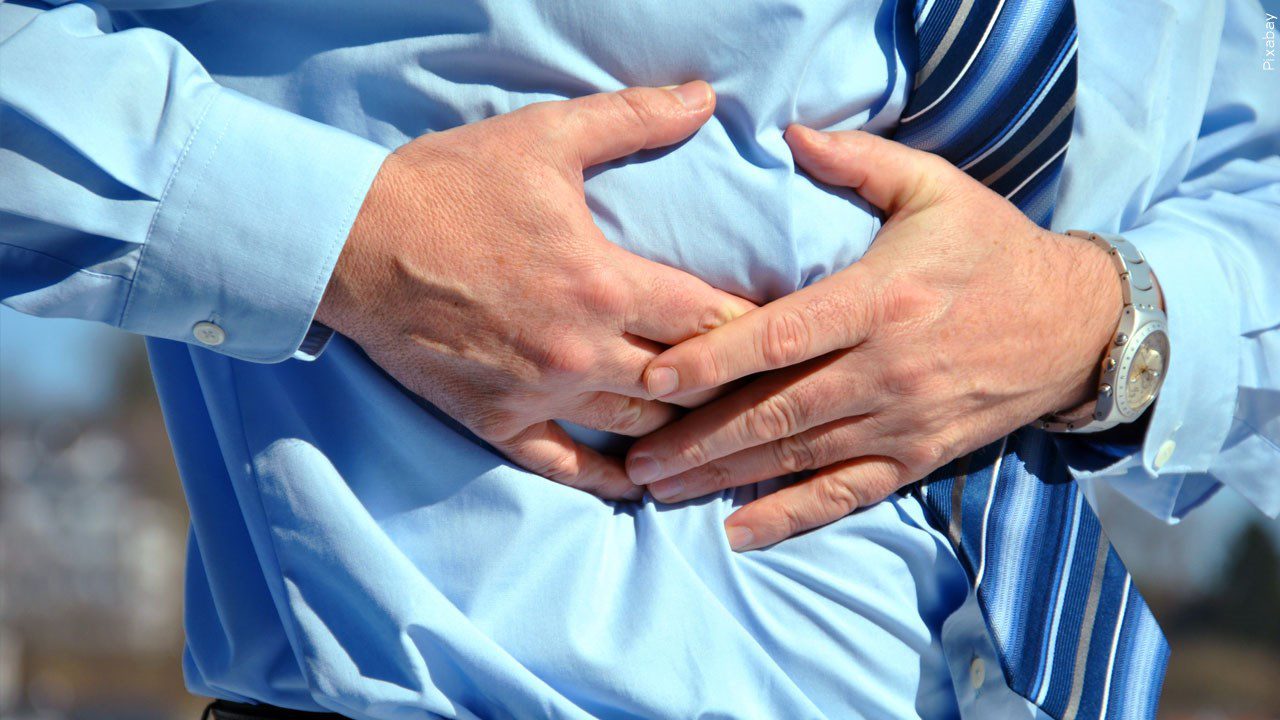Expert advice on raising Norovirus cases
[anvplayer video=”5167466″ station=”998130″]
Across the country, there is a new spike in cases of the stomach bug called norovirus and according to the center for disease control and prevention the Midwest has the most cases.
The highly contagious virus can be serious for folks with weak immune system, with the CDC announcing that the rate of positive tests have doubled since January.
We spoke to Dr. Andrew Thompson, an infectious diseases expert at St. Luke’s on the recent spikes in cases.
“It’s quite contagious, it’ll go through households, and it’ll go through families, sometimes in nursing homes. And that that becomes a huge problem.”
“Norovirus is a really common cause of gastroenteritis. So that’s really significant. Vomiting and diarrhea, stomach cramping, stomach pain. And it’s something we typically see in our region in the wintertime. It’s a little more common in the winter than in the summertime. It has a pretty sudden onset and people are pretty miserable for roughly a day or two, sometimes three days. Norovirus outbreaks might be getting a little bit worse and in recent years, there are some new strains that have been pretty severe”
How can we treat this virus?
“For most people, they don’t need to get tested. In fact, I wouldn’t offer most people a test because it’s not going to change anything. We don’t have any specific treatment, and the best thing to do for most people is to stay home and try to stay hydrated.”
What can we do to avoid getting sick?
“So one of the most important things to do is do good hand hygiene. Wash your hands with soap and water. Alcohol hand sanitizers don’t work very well against norovirus. And so soap and water is really key for someone who is sick with norovirus.”
He also added that people can spread the virus before they feel sick and up to three days after symptoms go away.
